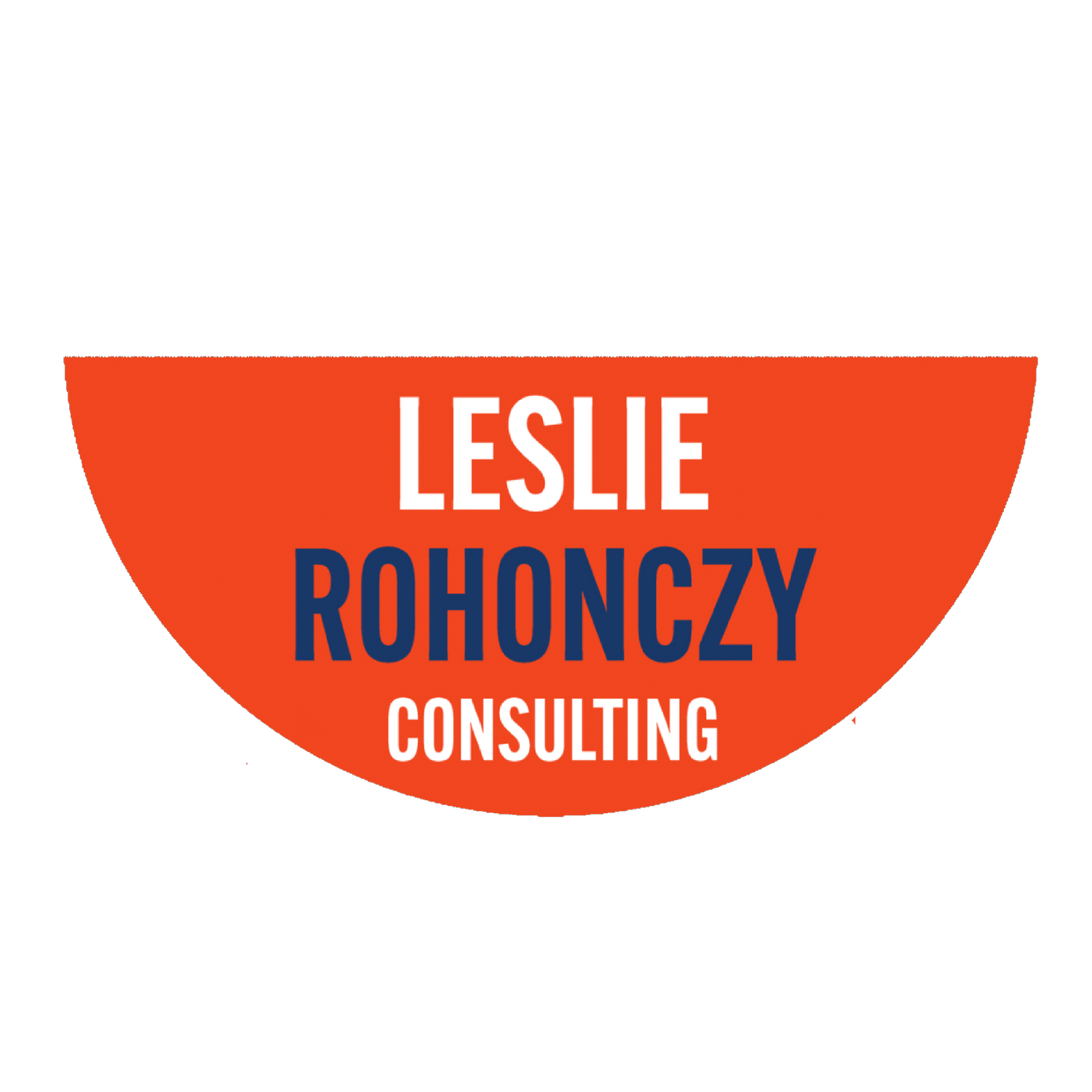(LISTEN TO THE NARRATED AUDIOARTICLE VERSION)
Have you noticed that about this time every year, leaders start to resemble marathon runners rounding the final turn: sweaty, focused, and running mostly on adrenaline? That finish line is in sight, but everything around it is a blur. By December, the flurry of activity is about driving performance to hit year-end objectives, wrapping up budgets, writing impact reports, and squeezing in some last-ditch hail Mary efforts before the holidays hit. You’ve been pushing all year, but are you processing what actually happened this year?
We’re typically rewarded for activity and output, not for reflection. But reflection is where growth is born. Without pausing to connect the dots, we carry our old blind spots, limiting beliefs, bad habits, and frustrations into a new year, dressed up as shiny new goals.
In coaching conversations, even accomplished leaders who've met all their targets have told me they can feel a sense of drift rather than satisfaction. It’s not burnout or boredom, but a subtle realization that what they’re craving is integration and insight: the ability to make meaning from a whirlwind year before charging into the next one. Let’s talk about how to end 2025 with insight, not exhaustion.
THE COST OF NON-REFLECTION
Our brains need purpose and closure. Cognitive scientists call it the Zeigarnik Effect: the mind fixates on unfinished business; incomplete tasks create a kind of mental tension that keeps them active in our memories until they're resolved. This 'open loop' effect manifests as unresolved conversations, incomplete projects, or vague priorities that pop up in your thoughts at 3 a.m. Reflection helps the brain tie up loose ends and consolidate learning. Without it, we stay mentally cluttered, and that clutter follows us into January disguised as urgency.
After I completed a 'Hindsight/Insight/Foresight' coaching session with a senior VP client of mine, I asked her about the impact of that tool, and what she thought of the investment of attention and time it required. “I never realized how little I reflected on how I was leading. This exercise only took an hour and a half, but I came away with insights that changed how I’ll lead next year. It’s amazing how a short pause can reveal what months of motion can’t”.
She discovered patterns she’d never seen before; she'd realized that her best strategic calls were made when she slowed down; she noticed how overcommitment was her recurring derailment; and she was surprised at how rarely she stopped to celebrate wins. Her Q1 priorities the next year were simpler, sharper, and far more grounded.
YOUR COACHING CHALLENGE
Coaching Practice: HINDSIGHT/INSIGHT/FORESIGHT Framework™
The Hindsight/Insight/Foresight Framework™ is my proprietary coaching model, designed to help leaders translate reflection into strategy. In one focused 90-minute session, this practice helps leaders extract lessons from the past year, integrate insights, and turn reflection into purposeful forward planning.
Find a quiet space (both physically and in your calendar), take a few minutes to settle in and connect with your intention to reflect and explore with genuine curiosity. Bring a journal or note pad and pen. The physical act of writing your answers to the following prompts is a powerful part of the process. There are multiple questions in each step - answer them all to the best of your ability. Take your time. Don't edit yourself, just brain-dump.
HINDSIGHT
First, let's reflect on the past year, from your present moment perspective, using three lenses:
What worked? Identify the conditions that enabled your best results. Where did you feel most in flow? Which relationships strengthened your impact? What decisions paid off because of courage, not convenience? What systems, processes, or data contributed to successful outcomes? Where did you experience personal growth, and what allowed that to happen?
What didn’t? This isn’t about blame; it’s about recognizing patterns across all dimensions. Where did your mindset or emotional state hold you back? Which relationships drained your energy or limited collaboration? What decisions created unintended outcomes? Which systems or structures failed to support your goals? Where did you notice misalignment between your intentions and actions?
What surprised you? Every year teaches us something unexpected. What moments revealed new truths about your motivations, values, or blind spots? Where did others respond differently than you anticipated? What new data or feedback shifted your perspective? How did your environment, systems, or team dynamics reveal something you hadn’t seen before?
INSIGHTS
Now it's time to review your brain dump notes, and to create meaning and insights from what you’ve written. Journal your answers to these questions: What do you notice? What patterns stand out? What lessons do you see emerging? Where did your values, emotions, or decision-making have the greatest influence on outcomes? These insights become the bridge between experience and growth.
FORESIGHT
Finally, turn reflection into direction by journaling about the following questions: How will I apply these insights to shape how I lead in 2026? What new habits will I commit to developing? What boundaries do I need to set, or to hold accountable? Which priorities will keep me aligned with what matters most?
WHY THIS MATTERS
It can be tempting to roll straight from performance reviews into next-year planning - especially if you're feeling exhausted at year-end. But without the important step of reflecting on the past, from the perspective of the present, in order to plan the future, it’s like a pilot powering up without checking the instruments, verifying the destination, or confirming the flight path. It's like flying blind. Reflection is your pre-flight check: it restores perspective, and ensures you’re heading to the right destination, at the right altitude.
The benefits are many: when you pause to harvest the lessons of the year, you build what psychologists call adaptive intelligence: the ability to learn from experience and apply it faster next time. And your team is watching how you close the year, so when you model curiosity, humility, and gratitude rather than fatigue, panic, or frustration, you give them permission to do the same. That shapes culture more powerfully than any year-end message or fruit basket ever could.
Before the full flurry of December overtakes you, block one uninterrupted 90-minute appointment with yourself, and give yourself the powerful gift of reflection. And if you'd like to explore this reflection as a strategic leadership tool with the support of an executive coach and leadership development expert, reach out for a free exploratory conversation at www.leslierohonczy.com.

